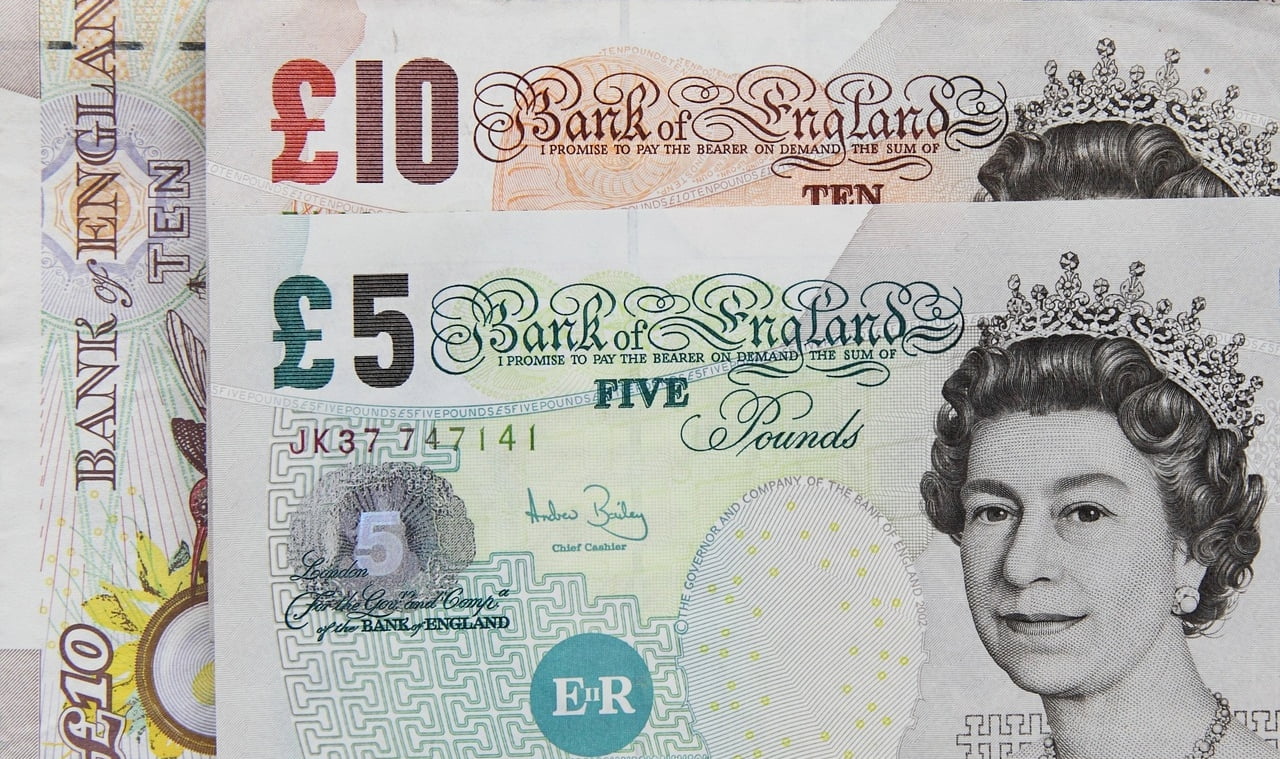FCA leads the Stablecoins revolution in the UK: what does it mean for investors and the financial system?
UK’s FCA Pushes for Stablecoin Adoption. The Financial Conduct Authority (FCA) and The Bank of England (BoE) publish proposals for regulating Stablecoins. In early 2024, the UK plans to propose legislation on fiat money-backed Stablecoins. However, the BoE’s roadmap included a timetable with an implementation date 2025. Now, according to the 109-page document, the BoE will be in charge of regulating systemic Stablecoins, while the FCA will have under its responsibility the oversight of the broader crypto market.
Commenting on this, Sheldon Mills, CEO of the FCA, said, “Stablecoins have the potential to make payments faster and cheaper for everyone, which is why we want to offer businesses the ability to use this innovation securely. Getting feedback from others is essential to create proportionate rules that benefit consumers and businesses and meet our objectives.” Incidentally, the UK is following in the footsteps of the European Union and Japan in regulating cryptoassets. However, the United States has yet to establish clear regulations.
FCA sets rules for a safer, more efficient digital economy
Indeed, on November 6, the FCA published a document in the UK related to regulating Stablecoins. The FCA published a discussion paper, as did the BoE. Incidentally, the BoE’s Prudential Regulation Authority (PRA) issued a letter to CEOs of deposit-taking institutions (PDF), and the BoE published an “inter-agency roadmap” to link them.
In conjunction, the FCA has confirmed that issuers of Stablecoins will need prior permission before distributing Stablecoins in or from the country. The document also states that issuers can keep income from “interest and returns from backing assets.” On this fact, Sarah Breeden of the BoE said, “Stablecoins can enhance digital retail payments in the UK, bringing with it the need to ensure robust and clear regulation.” In closing, UK Prime Minister Rishi Sunak has expressed his desire to make the nation a hub for cryptocurrencies.
UK and Cryptocurrencies
The UK has been actively working towards regulating cryptocurrencies, focusing on stablecoins. The FCA and the BoE have jointly published proposals for regulating stablecoins in the country. According to the recommendations, the BoE will be in charge of regulating systemic stablecoins, while the FCA will oversee the broader crypto market. The UK plans to propose legislation on fiat money-backed stablecoins in early 2024, with an implementation date of 2025.
The FCA has confirmed that issuers of stablecoins will need prior permission before distributing stablecoins in or from the country. The documents also state that issuers can keep income from “interest and returns from backing assets.” The UK Prime Minister Rishi Sunak has expressed his desire to make the nation a hub for cryptocurrencies. The UK is following in the footsteps of the European Union and Japan in regulating cryptoassets. However, the United States has yet to establish clear regulations. The UK’s approach to crypto regulation focuses on striking an equilibrium between protecting consumers and ensuring the stability of the financial system while allowing cryptocurrencies to continue to innovate and grow.
According to this quote from Tim O’Reilly:
, “The regulation of cryptocurrencies is a matter of balance. It is essential to protect consumers and ensure the stability of the financial system, but it is also crucial to allow cryptocurrencies to continue to innovate and grow”.
Tim O’Reilly
The UK’s regulatory approach to stablecoins is an example of how governments can balance innovation and regulation in the cryptocurrency space. With the UK’s plans to become a cryptocurrency hub, it will be interesting to see how the country’s regulatory framework evolves in the coming years.
Stablecoins and fiat money
Stablecoins have been a subject of debate among financial experts and policymakers. While some believe stablecoins threaten fiat money, others argue they could complement the existing financial system. Developers design Stablecoins to maintain their value against a traditional asset, such as a sovereign currency or a commodity (TradFi). They have become increasingly popular in recent years as they offer a more stable alternative to cryptocurrencies like Bitcoin, which are known for their volatility.
Some experts argue that stablecoins threaten fiat money if they become widely adopted. They say that stablecoins could undermine the authority of central banks and reduce their ability to control the money supply and interest rates. On the other hand, proponents of stablecoins argue that they could complement the existing financial system by providing a more efficient and cost-effective means of making payments. They say that stablecoins could help to reduce transaction costs and increase financial inclusion, particularly in countries with weak currencies or limited access to banking services.
Overall, the impact of stablecoins on fiat money is still unclear, and it will likely depend on how they are adopted and regulated in the coming years.

